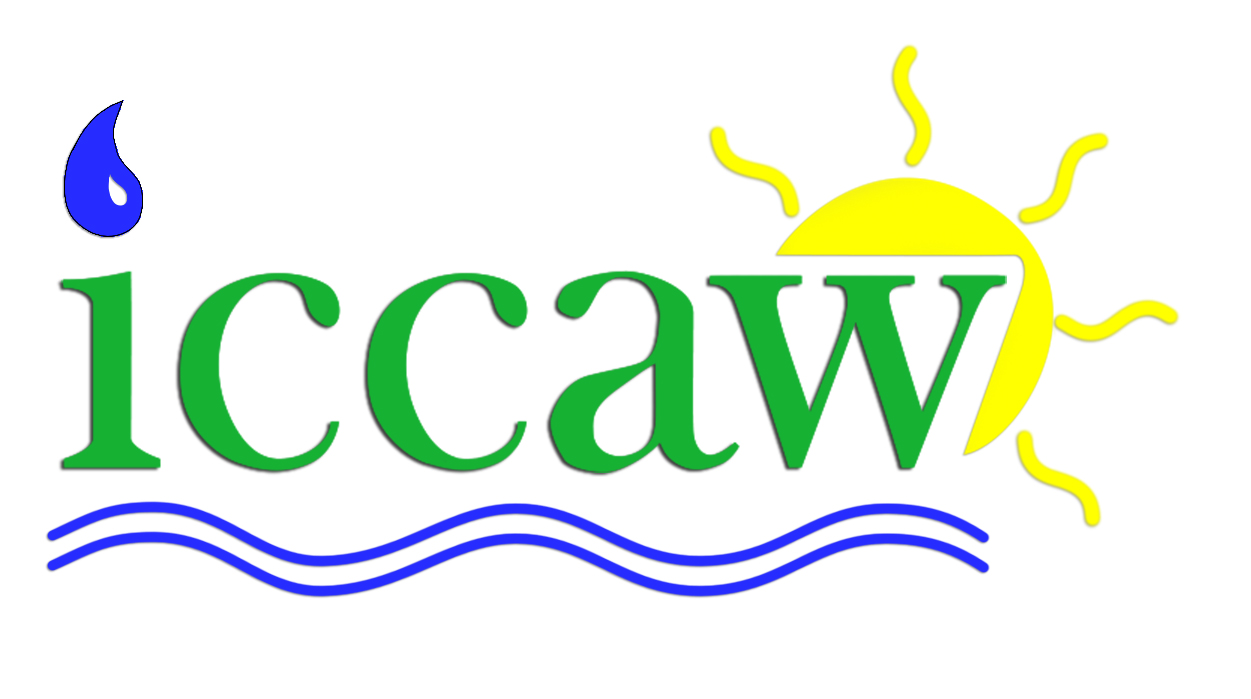Factory Farm Regulations
Regulation of the siting and construction of new and expanding factory farms
The Illinois Department of Agriculture (IDOA) administers Illinois’ livestock facility siting and construction permitting process. The requirements for permitting are set forth in the Illinois Livestock Management Facilities Act (LMFA) and the Department’s accompanying regulations.
Residents can determine whether factory farm construction has been proposed in their community by visiting the IDOA website here.
While there is not a formal process for the public to participate in permitting decisions made by IDOA, there is an option for county boards to hold public informational meetings on livestock facility proposals if a facility meets a size threshold of 1000 animal units or more or will utilize a waste lagoon. Upon receiving notice from the Department about a proposal, a county may automatically request a meeting. Otherwise, citizens can petition the county to hold one if they present a petition to the county board with at least 75 signatures of residents.
This is the only opportunity the public has to weigh in on the IDOA livestock facility permitting decisions. After the county informational meeting, the county board makes a non-binding recommendation to the IDOA as to whether or not the proposed operation meets eight specific siting criteria set forth in the LMFA.
For more information on how IDOA county informational meetings are conducted, you can view transcripts from previous public meetings here. More information about the IDOA’s permitting process is also available here.
Once a livestock facility is approved by IDOA for construction, a National Pollution Discharge Elimination System (NPDES) permit for construction activities will be required from the Illinois EPA (IEPA) if more than an acre of land will be disturbed during the construction process. More information about this permit is available here.
The NPDES permit must be applied for by submitting a notice of intent (NOI) to the Illinois EPA (IEPA) prior to construction. With the NOI, the operation will have to provide a storm water pollution prevention plan. If, during construction, any terms of the facility’s pollution prevention plan are not complied with, it could be a violation of the permit and should be reported to IEPA.
Beyond an NPDES permit for construction activities, there may be other approvals or permits that should be required depending on certain circumstances. Citizens who are concerned about a specific livestock facility proposal can contact ICCAW to learn more about what to look for.
Regulation of factory farms after they are constructed
Once a livestock facility is constructed and operating, it becomes the IEPA’s responsibility to regulate it to ensure that it does not pollute. This responsibility involves monitoring factory farms and pursuing informal and formal enforcement with the Attorney General’s Office if any state environmental laws are broken.
In addition, the IEPA is responsible for administering the federal Clean Water Act permitting program for concentrated animal feeding operations (CAFOs). This includes the issuance of NPDES permits to certain factory farms if they discharge into waters of the state. Because most factory farms claim they do not discharge, very few apply for NPDES permits in Illinois. If a factory farm is caught illegally discharging, the agency may require it to obtain an NPDES permit. Most NPDES permit applicants will seek permit coverage under the state’s general CAFO NPDES permit. More information about the IEPA’s NPDES permitting program and the general permit can be found here.
Although very few factory farms have such permits in Illinois, you can find out if a facility near you has a permit or has submitted a permit application by checking IEPA’s permit database. If a factory farm has submitted an NPDES permit application to IEPA, you can submit public comments and call for a public hearing within the proscribed 30-day comment period.
Factory farms are not allowed to discharge waste into waterways without an NPDES permit. The only exception to this is when a livestock facility is following appropriate waste management practices and a discharge occurs during a precipitation event.
State regulatory failures
The state of Illinois has been criticized for its failure to appropriately regulate factory farms. In 2008 and 2009, ICCAW petitioned the federal EPA to withdraw the IEPA’s authority to administer the federal Clean Water Act (CWA) NPDES permitting program based on its failure to regulate CAFOs. See ICCAW’s citizen CWA dedelegation petition here (see Appendix A & B to EPA’s September 28, 2010 report).
The federal EPA conducted an investigation of the IEPA in response to the petition and, in 2010, issued a report that found that the state’s program did not meet minimum thresholds for an adequate program under federal law. The IEPA was required to take a number of actions to maintain its authority to administer the CWA. While the IEPA has followed through on some of these actions, ICCAW believes the state’s program is still deficient. In particular, the IEPA still does not have an adequate accounting of CAFOs operating in the state to be able to appropriately regulate them. The ICCAW dedelegation petition is still pending with the federal EPA and the state’s regulation of CAFOs continues to be scrutinized.
The IDOA has also been criticized for not following its own regulations when permitting new factory farms for construction. Despite local objections and negative recommendations from county boards on new livestock facility siting proposals, the Department has never been known to deny a livestock facility siting permit application.

